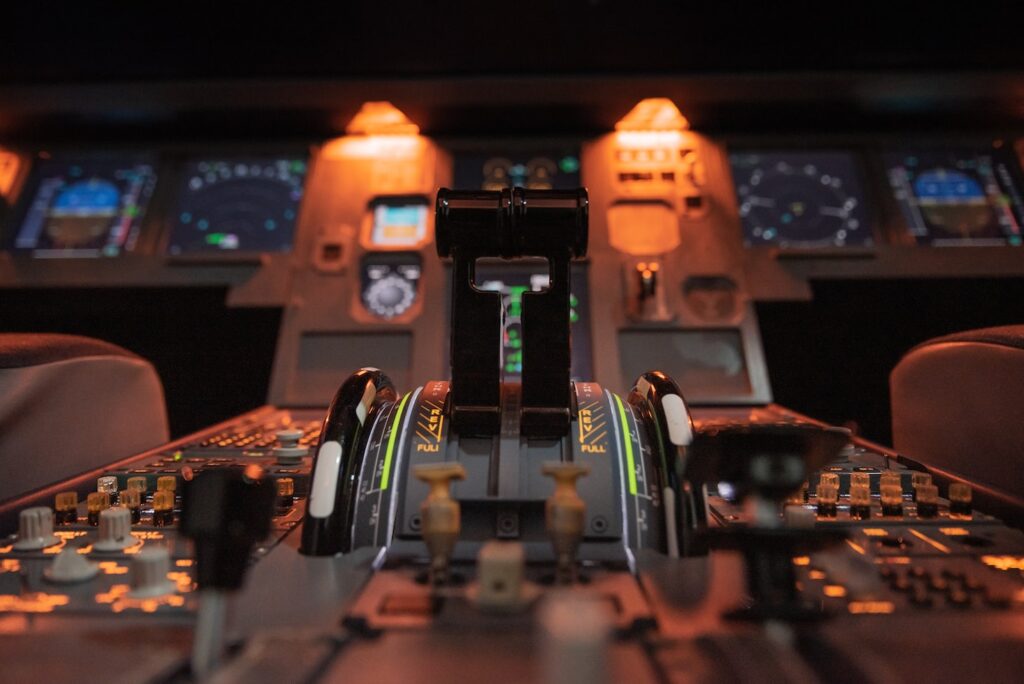
Ground handling is a critical component of the freight airline industry, and it plays an important role in ensuring that goods are transported safely and efficiently. Proper ground handling can help to reduce the risk of cargo damage or loss, minimize delays, and increase customer satisfaction and loyalty. Here are some ground handling best practices for freight airlines:
1. Prioritize Safety: Safety should always be the top priority when it comes to ground handling operations. This includes ensuring that all equipment is properly maintained and operated, all personnel are properly trained and certified, and all operations are conducted in compliance with industry standards and regulations. By prioritizing safety, freight airlines can minimize the risk of accidents or incidents, and maintain a strong safety record.
2. Optimize Resource Allocation: Resource allocation is another important aspect of ground handling best practices for freight airlines. This includes ensuring that equipment is available when needed, and that personnel are properly trained and equipped to perform their tasks. By optimizing resource allocation, freight airlines can ensure that all necessary tasks are completed efficiently and effectively, which in turn helps to minimize delays and increase customer satisfaction.
3. Utilize Technology: Technology can play a key role in improving ground handling operations for freight airlines. This includes using specialized software solutions to manage cargo handling and tracking, as well as using automated equipment and systems to streamline operations and reduce the risk of errors. By utilizing technology, freight airlines can improve efficiency, reduce costs, and increase accuracy and reliability.
4. Invest in Training and Development: Training and development are essential for ensuring that ground handling personnel are properly trained and equipped to perform their tasks effectively and efficiently. This includes providing ongoing training and development opportunities, as well as promoting a culture of continuous improvement and learning. By investing in training and development, freight airlines can improve the skills and knowledge of their ground handling personnel, which in turn helps to improve safety, efficiency, and customer satisfaction.
5. Monitor Performance: Monitoring performance is essential for ensuring that ground handling operations are conducted safely and efficiently. This includes tracking key performance indicators, such as on-time performance, cargo damage rates, and customer satisfaction scores. By monitoring performance, freight airlines can identify areas for improvement, and implement changes and improvements as needed.
In conclusion, ground handling best practices are essential for freight airlines that want to ensure that their cargo is transported safely and efficiently. From prioritizing safety and optimizing resource allocation, to utilizing technology, investing in training and development, and monitoring performance, freight airlines must carefully evaluate their ground handling operations and implement best practices that are tailored to their specific needs and goals. By doing so, they can improve efficiency, reduce costs, and increase customer satisfaction and loyalty, which in turn helps to grow their business and maintain a strong competitive position in the industry.


